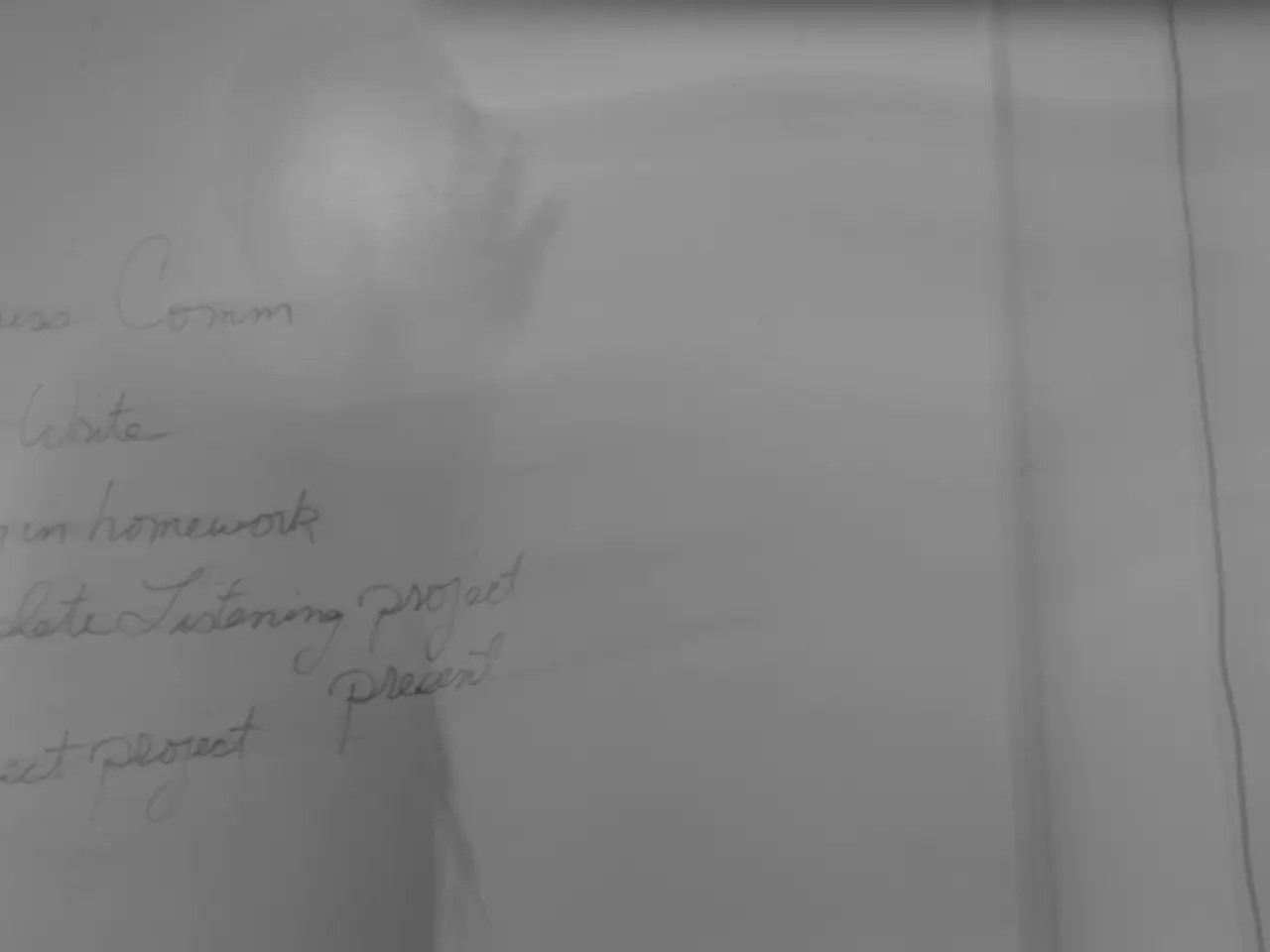Growing global influence of China called out by Röttgen in comments on free trade deals
In the world of global trade, a significant development has taken place with China's new news pact in the Asia-Pacific region. This agreement, involving 15 states, has been hailed as the creation of the largest free trade zone in the world, molded in the Chinese style.
Norbert Röttgen, a CDU foreign policy expert, has expressed concerns that this new news is a sign of the expansion of Chinese influence in the world. Röttgen, who is featured in a photo from dts Nachrichtenagentur, urges Europeans and Americans to show greater unity in trade matters.
The United States, under the outgoing President Donald Trump, withdrew from the Trans-Pacific Partnership (TPP) agreement in January 2017. The TPP, a significant regional trade agreement, was designed to set high standards for trade and investment, but its withdrawal left a gap in the region.
The revival of the TPP with European and American participation could be an attractive news for many Asian states. Many Asian states, according to Röttgen, do not want to choose between the USA and China, but critically view Chinese expansionism in the region and dependencies.
The new Chinese free trade pact reduces trade barriers, but it does not require members to liberalize their economies or meet international standards in environmental protection and labor protection. Moreover, the protection of intellectual property plays no role in the new Chinese free trade pact. This is a concern for many countries, as intellectual property rights are crucial for promoting innovation and economic growth.
The departure of the USA from the TPP and the emergence of the Chinese free trade pact have sparked discussions about the balance of power in the region. Röttgen emphasizes the need for Europe and America to present a united front in trade matters to counteract Chinese influence.
As the world watches the unfolding events, it is clear that the new Chinese free trade pact will have far-reaching implications for the global trade landscape. The question remains: Will Europe and America respond with a unified counteroffer to maintain a balance of power in the Asia-Pacific region?
Read also:
- United States tariffs pose a threat to India, necessitating the recruitment of adept negotiators or strategists, similar to those who had influenced Trump's decisions.
- Weekly happenings in the German Federal Parliament (Bundestag)
- Southwest region's most popular posts, accompanied by an inquiry:
- Discussion between Putin and Trump in Alaska could potentially overshadow Ukraine's concerns







